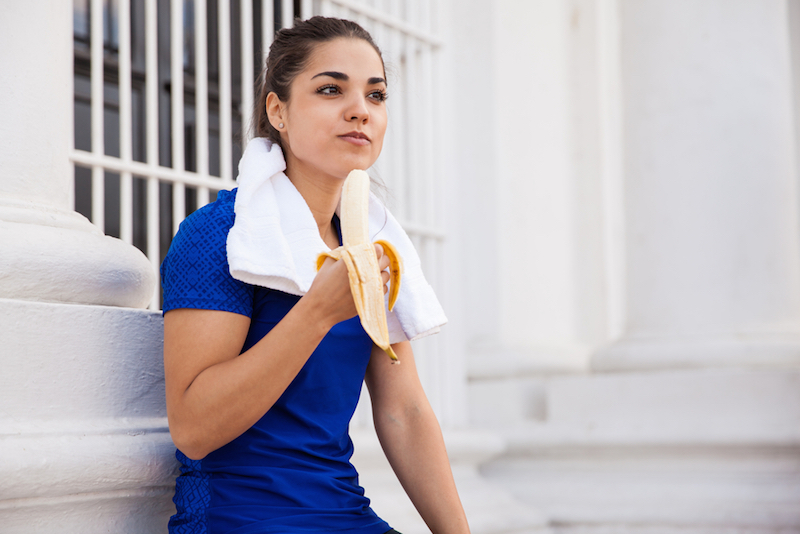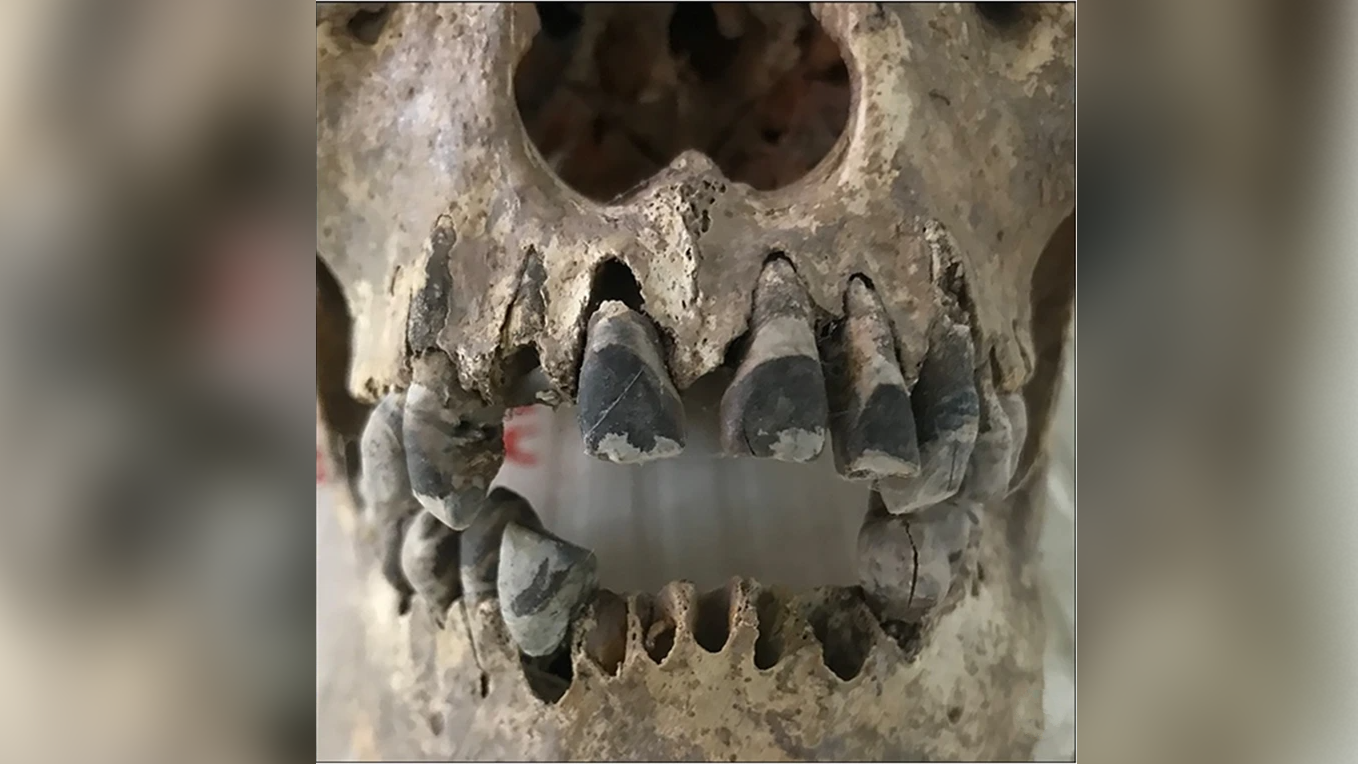
Get the world’s most fascinating discoveries delivered straight to your inbox.
You are now subscribed
Your newsletter sign-up was successful
Want to add more newsletters?

Delivered Daily
Daily Newsletter
Sign up for the latest discoveries, groundbreaking research and fascinating breakthroughs that impact you and the wider world direct to your inbox.

Once a week
Life's Little Mysteries
Feed your curiosity with an exclusive mystery every week, solved with science and delivered direct to your inbox before it's seen anywhere else.

Once a week
How It Works
Sign up to our free science & technology newsletter for your weekly fix of fascinating articles, quick quizzes, amazing images, and more

Delivered daily
Space.com Newsletter
Breaking space news, the latest updates on rocket launches, skywatching events and more!

Once a month
Watch This Space
Sign up to our monthly entertainment newsletter to keep up with all our coverage of the latest sci-fi and space movies, tv shows, games and books.

Once a week
Night Sky This Week
Discover this week's must-see night sky events, moon phases, and stunning astrophotos. Sign up for our skywatching newsletter and explore the universe with us!
Join the club
Get full access to premium articles, exclusive features and a growing list of member rewards.
When it comes to fuel a workout, there's a common pitfall: Eating too much to compensate. But not eating enough to fuel those squats or spin classes can also backfire.
So what's the best way to eat to ensure you make the most of your workout? It turns out, setting up the body for the best recovery and muscle repair is a matter of timing.
Although exercising is no excuse to pig out, skipping meals after a workout can also be counterproductive, said Melinda Manore, an exercise scientist at Oregon State University and a former member of the President's Council on Fitness, Sports and Nutrition (PCFSN) Science Board, who has done extensive research on nutrition, metabolism and exercise.
"After exercise, you've set the body up to refuel and rebuild any kind of damaged muscle, and to replace any glycogen that's been used up," Manore said.
Indeed, a 2005 review in the journal Sports Medicine found that muscle-building hormones such as testosterone and growth hormone tend to show up in the bloodstream about 15 to 30 minutes after a workout. Other studies show that muscles are more primed to refuel their glycogen stores (the form of sugar stored in skeletal muscle and the liver) in the immediate post-workout window.
To maximize these effects, people should eat soon after they work out, Manore said. "You just want to make sure that you offer the body something."
However, most people's workout regimens are not intense enough to require a whole extra meal. So, one way to refuel without adding extra calories to your diet is to time workouts to happen before a normally occurring meal or snack, Manore said. This helps ensure that the calories you consume go toward refueling the muscles, rather than into storage.
Get the world’s most fascinating discoveries delivered straight to your inbox.
Beyond that, people should choose a snack that works for them, several experts said. Some people may choose to eat a banana and have some yogurt, while others may opt for a Snickers bar after a workout. However, candy bars should not be a mainstay of a person's diet, said Nancy Clark, a sports nutritionist and the author of the bestselling "Nancy Clark's Sports Nutrition Guidebook" (Human Kinetics, 2013).
Original article on Live Science.

Tia is the editor-in-chief (premium) and was formerly managing editor and senior writer for Live Science. Her work has appeared in Scientific American, Wired.com, Science News and other outlets. She holds a master's degree in bioengineering from the University of Washington, a graduate certificate in science writing from UC Santa Cruz and a bachelor's degree in mechanical engineering from the University of Texas at Austin. Tia was part of a team at the Milwaukee Journal Sentinel that published the Empty Cradles series on preterm births, which won multiple awards, including the 2012 Casey Medal for Meritorious Journalism.
 Live Science Plus
Live Science Plus











